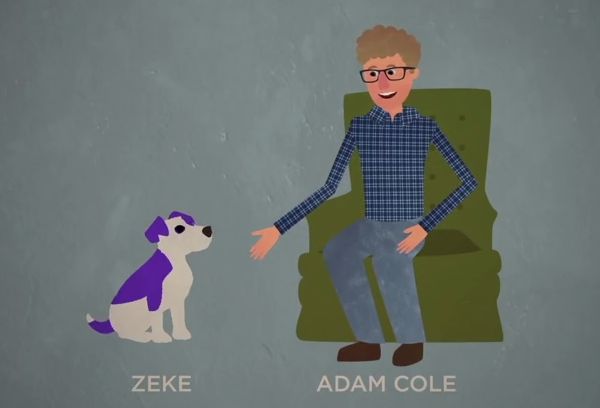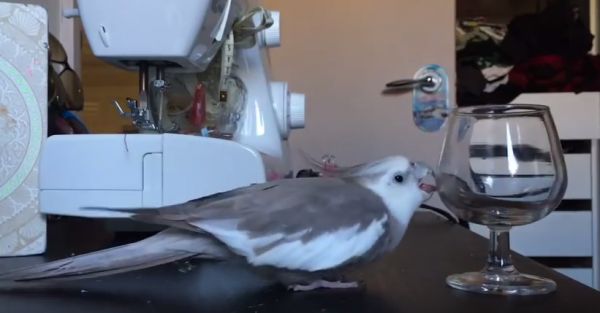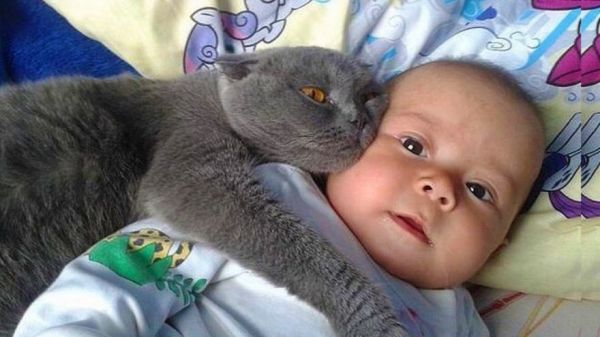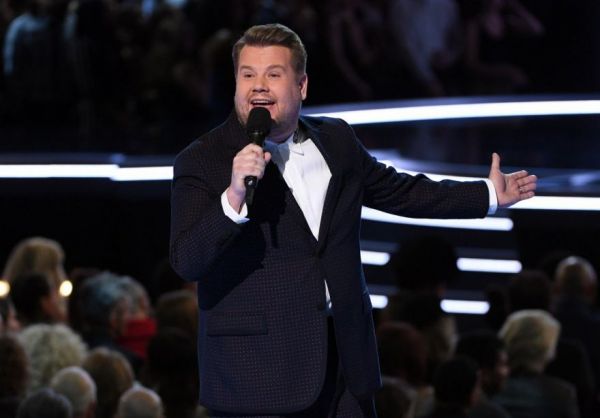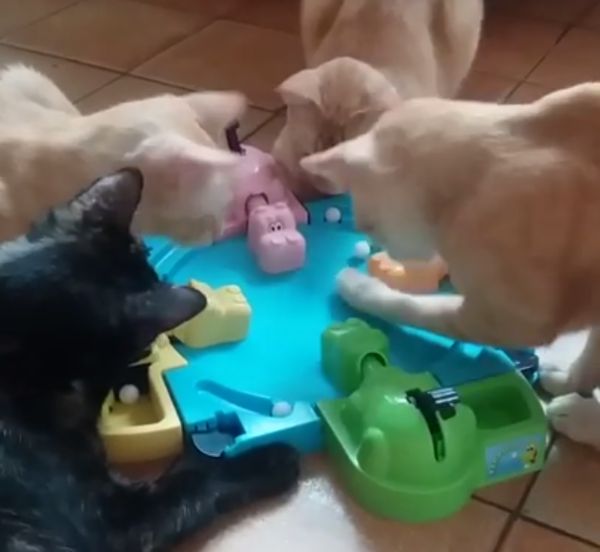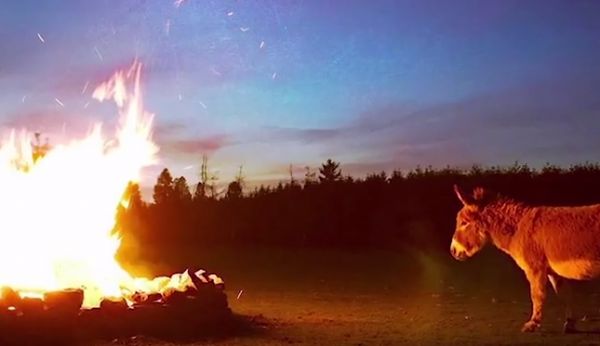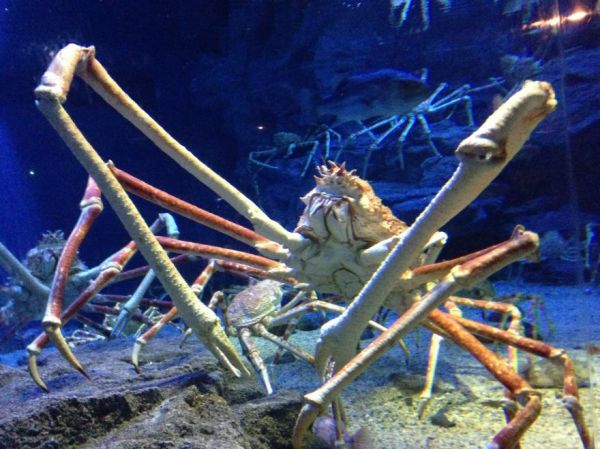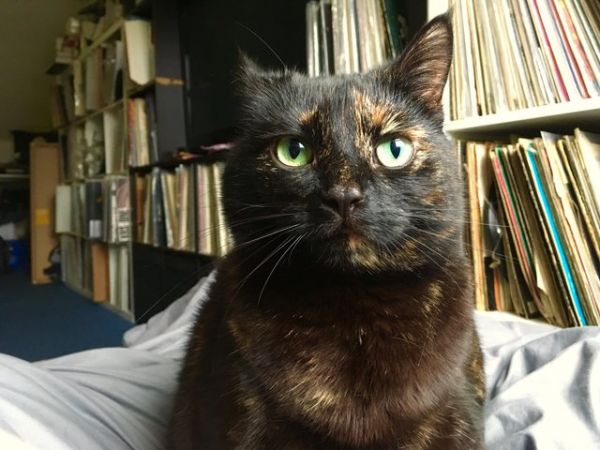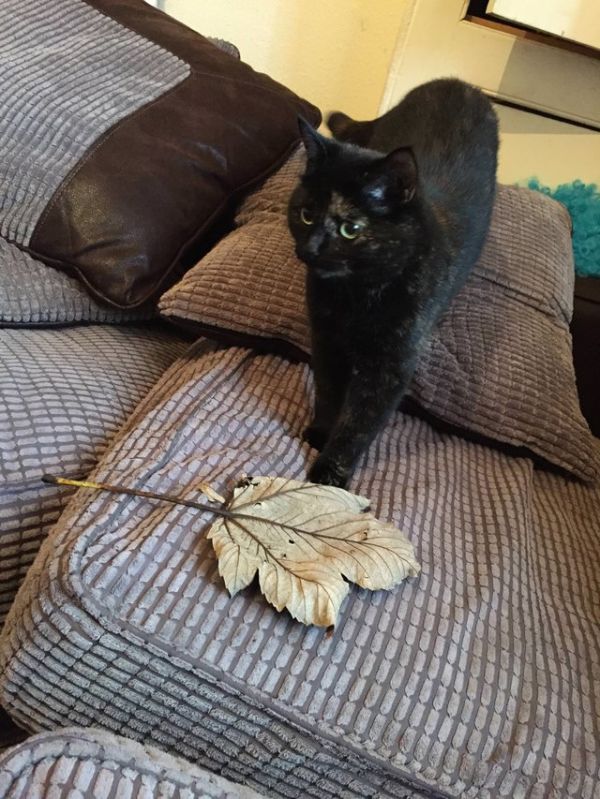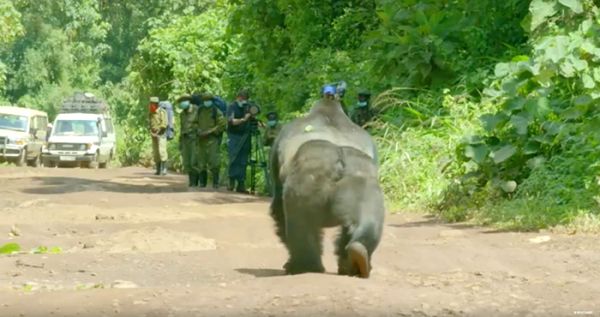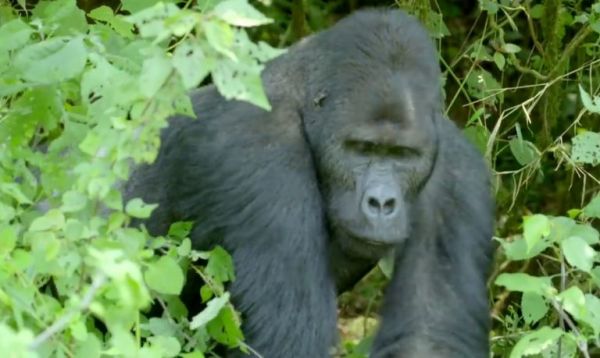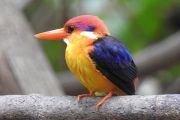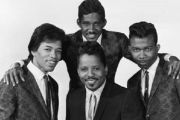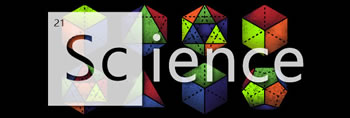Researchers Discover Orcas Can Imitate Human Speech

Orcas aren't holding a grudge over the whole Sea World/Blackfish thing, in fact they've been getting a bit chummier with people since whaling has gone out of style.
And according to the research team led by José Zamorano-Abramson the orcas they've been studying at Marineland in Antibes, France are now able to replicate the sound of human speech surprisingly well.
Wikie, the main orca in the study, was born in captivity and had already been taught to imitate behaviors on cue by a trainer at Marineland, but now she can deliver "recognizable copies" of words like hello, bye-bye and one, two, three:
"We are interested in the possibility that other species also have cultural processes," the study's lead author, José Zamorano-Abramson, told The New York Times.
For this study, the trainers used that motion after noises instead of actions. They started by presenting her with sounds she already knew how to make on command, like a noisy breath or a high-pitched peeping sound.
Then they introduced "novel sounds" she had never been trained to make before. Some of them were orca sounds, which Wikie would copy either from her calf, Moana, or from a recording. She might hear a squeak like a creaky door, a wolf-whistle-esque siren, or a noise like an elephant call — sounds she had never been heard to make on her own.
Then there were the human sounds: "Ah ah," "hello," "bye-bye," "Amy," "one-two" and "one-two-three."
Those were definitely new to Wikie. But she gave it a shot. She caught on to "hello" and "one-two-three" on her first attempt, although some of the others took far longer.
Read Whale Hello: Orcas Can Imitate Human Speech, Researchers Find at NPR








